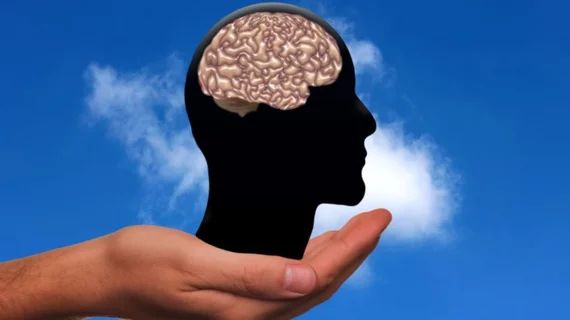Development, study of organoids sparks call for ethics debate
It’s an exciting time for scientists studying the human brain with the development and research of cerebral organoids—an artificially grown miniature organ that resembles the brain and allows researchers to grow brain tissue and study the organ like never before.
According to a report by the Washington Post, the rapid progress with cerebral organoids has prompted calls for an ethics debate surrounding the research behind organoids and the possibility of them eventually having a consciousness.
“Organoids offer a powerful tool for scientists studying the mysteries of the brain, which by some estimates is the most complex object in the world,” the report said. “Unlike cancer, which researchers can study by growing cancer cells in a dish, the brain and its disorders have been largely off-limits, except through hard-to-get post-mortem tissue that offered only a snapshot or by trying to study much simpler animal brains.”
Though organoids are still just “tiny balls of cells that can’t think or feel,” several scientists have been successful in learning about different diseases and disorders. According to the report, others have also been successful in keeping them alive for longer periods of time, implanting them into rodent brains and building them to represent different parts of the brain.
As research continues to progress, some scientists believe it’s time to discuss the limits of the research.
“Even as scientists express skepticism that brain organoids will ever come close to sentience, they’re the ones calling for a broad discussion, and perhaps more oversight. The questions range from the practical to the fantastical,” the report said.
“Should researchers make sure that people who donate their cells for organoid research are informed that they could be used to make a tiny replica of parts of their brain? If organoids became sophisticated enough, should they be granted greater protections, like the rules that govern animal research? Without a consensus on what consciousness or pain would even look like in the brain, how will scientists know when they’re nearing the limit?”
To read the full report, click the link below.

